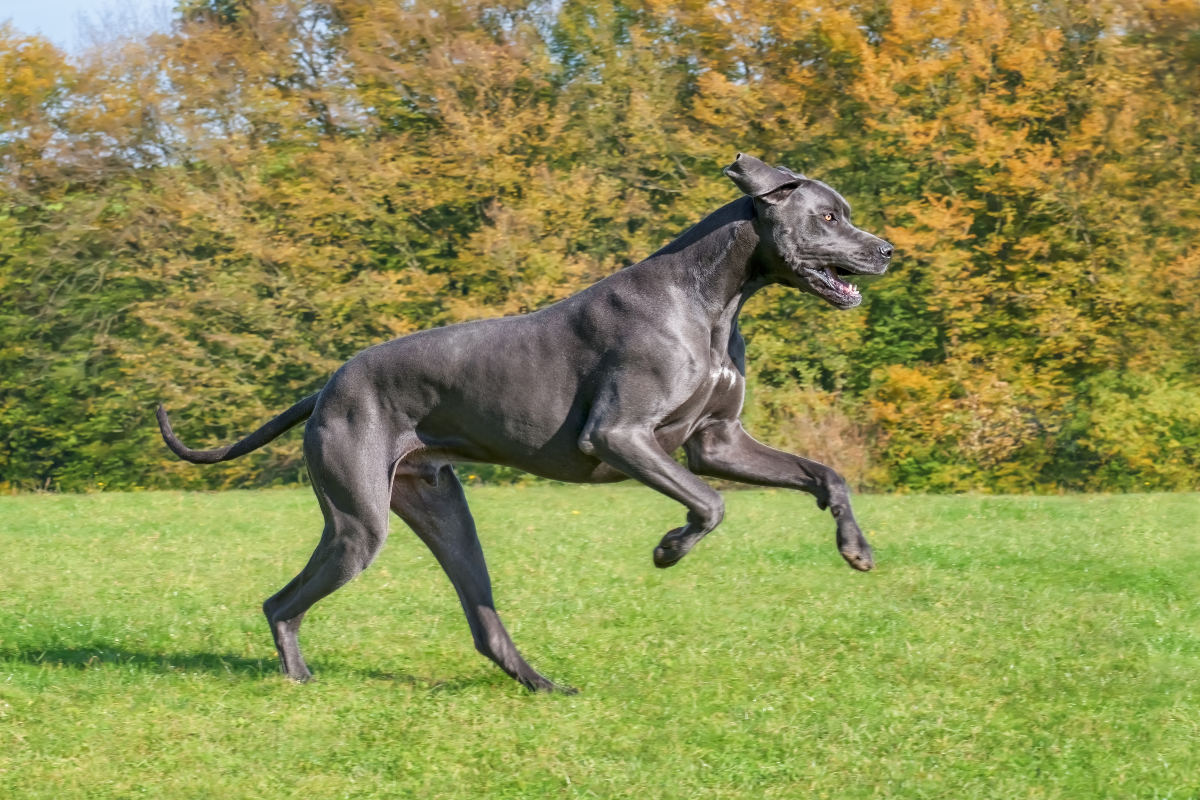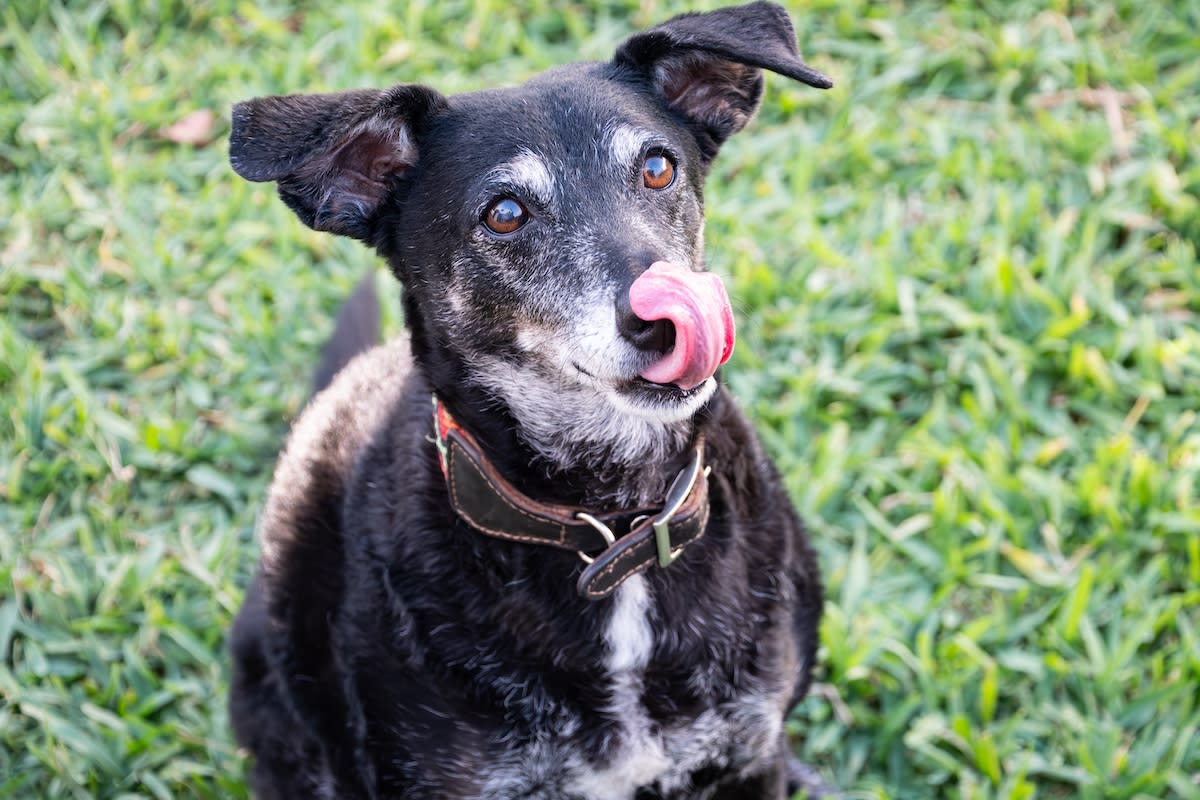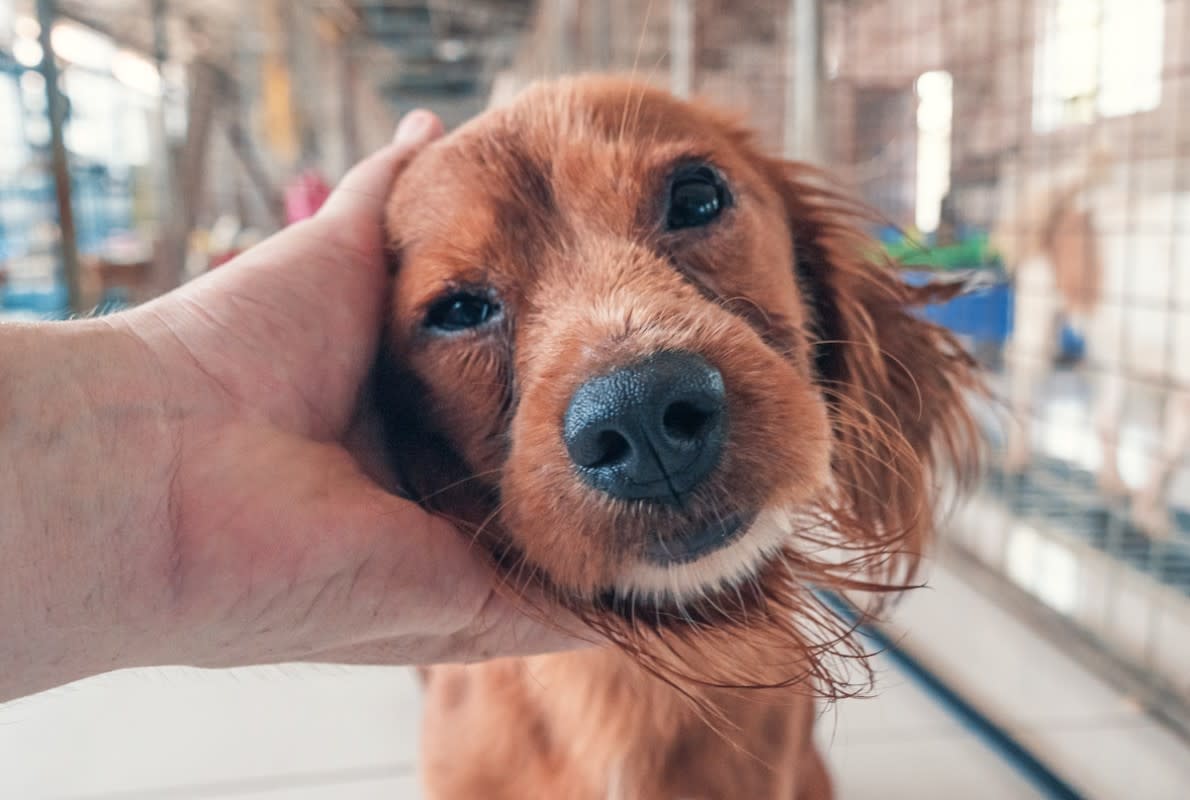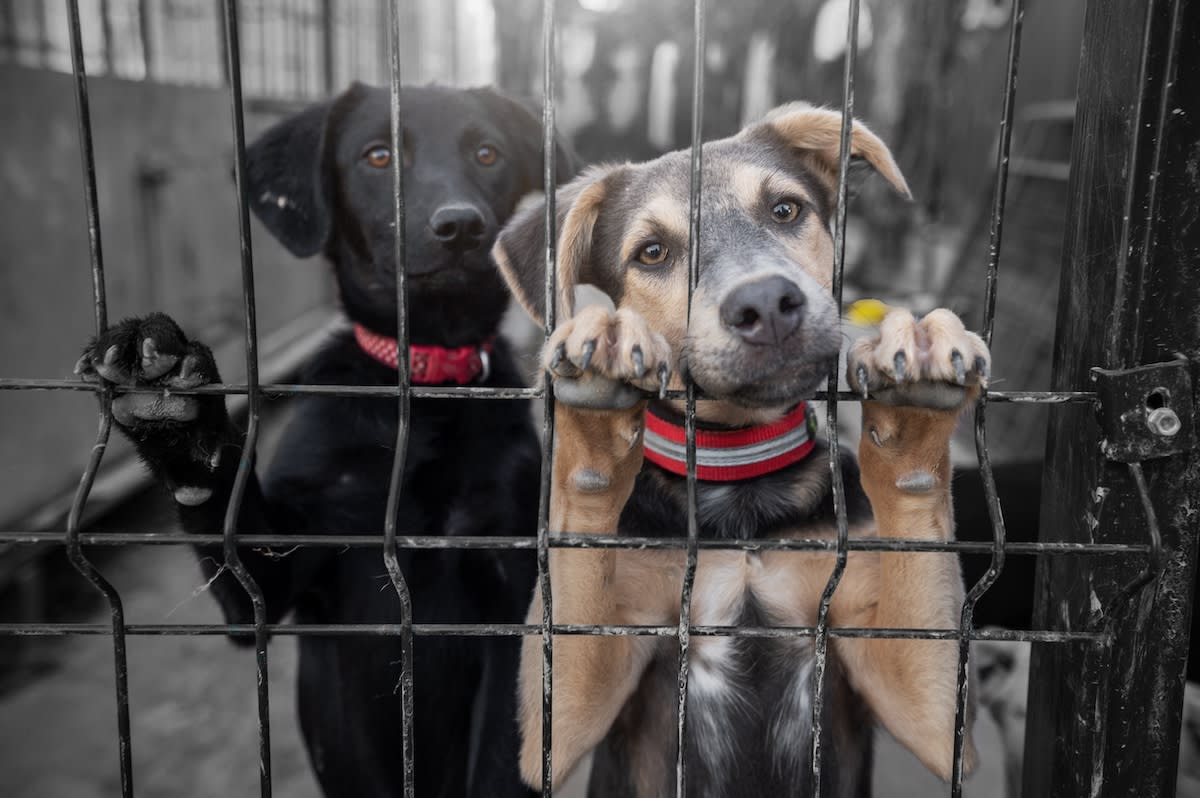Why Do Some Dogs Wait So Much Longer in Rescues and Shelters?
There are millions of stray, feral, and abandoned dogs across the globe, many of whom are in desperate need of rescue. Combine this with the millions more who are surrendered or rescued from a harmful home, and there are way more animals than rescues and shelters can handle on their own.
Fortunately, more and more people feel compelled to rescue dogs every day! These lucky pups get to realize their dreams of a Happily Ever After in a loving, loyal family, and their owners discover just what a gift it is to rescue. However, not every dog has the same chance of getting adopted by shelter visitors, and canine experts can finally see why. Many factors affect a dog's likelihood of being adopted, including these six.
Dog Breeds Most Likely to Wait at the Shelter

Oscar Vargas Mora/Shutterstock
Although a dog's breed isn't the only factor that affects their adopt-ability, it does play a big role. It helps that each adopter is looking for different qualities in their dream pet, but there are a few dog breeds that aren't often requested. Sadly, those breeds tend to come into shelters at a high rate, too.
Related: Dog in Missouri Who's Waited to Be Adopted for Over a Year Breaks Our Hearts
Pit Bulls are one of the most controversial breed groups due to stereotypes and negative portrayal in the media. While, yes, they can be strong and stubborn, those who truly know these dogs can be confident in their pups' loyalty and gentle natures.
You may also see a lot of Siberian Huskies and Husky-like breeds in animal shelters. Not long ago, these dogs became very popular due to their striking looks and entertaining personalities, but few adopters did their research into this high-maintenance breed.
Senior Dogs Are Often Passed By

Three Dogs photography/Shutterstock
If you've cared for an old dog, you know just how gentle and grateful they can be. Even when they're not feeling as sharp as they used to, there's no mistaking the love and joy that a senior dog has to offer.
Sadly, many adopters aren't open to adopting a senior dog because they want to have as much time with their dog as possible. That's understandable, but many older rescue dogs could still have years to spend with their adopter--someone just needs to give them a chance!
Few Adopters Are Looking for Large Dogs

Katho Menden via Shutterstock
Most animal rescues and shelters care for their larger residents a lot longer than they do their smaller friends. That's because more adopters are looking for small and. medium-sized dogs! This partially has to do with housing limitations and breed restrictions in apartments, but it can also vary based on a rescue's geographic location.
If you visit an animal shelter in the city, you'll see a lot more people adopting small dogs than out in the country (or even the suburbs). Dogs who are best suited for farm life won't have much luck finding a home in the middle of New York City, but many animal shelters and rescues can transport animals to places where they're more likely to find their perfect match.
Black-Colored Dogs Can be Hard to See

Claudia Luna Mtz/Shutterstock
Although a well-meaning dog adopter will examine a pup's personality more than their looks, some get stuck on physical traits when deciding what kind of dog to adopt. Specifically, some adopters pass over black-colored dogs, whether they realize it or not.
Dark-colored dogs may be harder to see in pictures or even in person if they're cowering in the back of a kennel. Some say they look dirty or villainous, but in reality, fur color doesn't affect a dog's personality in the slightest.
Believe it or not, centuries of superstitions about black animals still affect people's mindsets today. If you think a black dog looks 'spooky,' this may be why! Once you take the time to get to know them, though, you'll see that they're just like any other dog.
Dogs With Special Needs Require Extra Care (Sometimes)

Evgenii Bakhchev/Shutterstock
Many potential dog adopters withdraw their interest when they learn that a pup has special needs. While some folks truly cannot take on the added tasks that some special needs dogs require, others might find that they don't have to add to their routine at all. Think of a special needs dog as a pup with different needs!
Remember--no two dogs have the same needs, no matter how intense their needs may be. A pup taking a daily pill would be considered 'special needs,' and a dog using prosthetic wheels. Don't let these words scare you next time you browse adoption listings; give special needs dogs' profiles a read instead!
Bonded Pairs Spend Longer at the Shelter

andysavchenko/Shutterstock
Every now and then, you'll meet two dogs who are looking for a home together. These bonded pairs have one another to keep each other company while waiting at an animal shelter, but they may wait a lot longer than their single shelter pals. Sadly, many bonded pairs and groups get separated in order to find homes, but this could change if potential adopters take the time to get to know the dogs just like they would any other pup. You may not be able to avoid extra expenses from buying extra dog food and supplies, but it may not be as much extra work as you thought.
There's no right or wrong way to choose your perfect pet, and you'll usually know whether they're the one when you meet for the very first time. Connecting with a rescue dog is such a special feeling, but knowing how long they've been waiting can make the joyful moment even sweeter.
Looking for more PetHelpful updates? Follow us on YouTube for more entertaining videos.
Or, share your own adorable pet by submitting a video, and sign up for our newsletter for the latest pet updates and tips.


